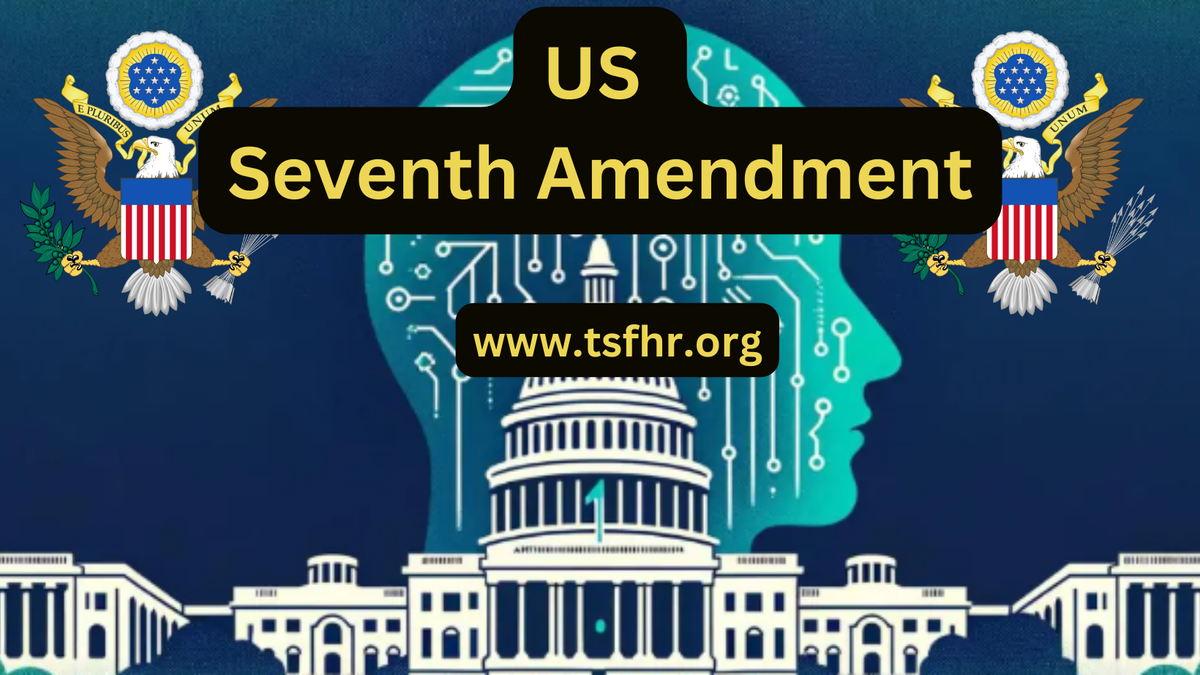What is the 7th Amendment in Simple Terms: (7th Amendment, seventh amendment, amendment 7, 7th amendment simplified, jury trial amendment) Learn what the 7th Amendment means in simple terms! Explore its history, importance, rights, examples, and more in this 2024 guide to understanding your constitutional protections.
What is the 7th Amendment in Simple Terms?
Have you ever wondered why we have the right to a jury trial in civil cases? That’s thanks to the 7th Amendment of the U.S. Constitution! This amendment is one of the fundamental rights in the Bill of Rights, ensuring fair trials in disputes between individuals. I remember learning about this in school and thinking, “This is what makes justice accessible to everyone!” In this article, we’ll break down the 7th Amendment into simple terms—so simple that even kids can understand it. Whether you’re preparing for a quiz or just curious, this guide is for you.
What Does the 7th Amendment Say in Simple Terms?
- Guarantees the right to a jury trial in civil cases involving claims over $20.
- Protects against judges overruling a jury’s factual findings.
- Simplified explanation for kids and students.
- Examples of real-life civil disputes where the 7th Amendment applies.
When Was the 7th Amendment Created?
- Ratified on December 15, 1791, as part of the Bill of Rights.
- Reflects historical concerns about judicial overreach in England and colonial America.
- Fun fact: $20 back then is worth over $500 today!
Why Was the 7th Amendment Created?
- To prevent government or judges from unfairly deciding outcomes in civil disputes.
- Inspired by British legal traditions and colonial grievances.
- Key role in balancing power between judges and citizens.
Why Is the 7th Amendment Important?
- Ensures public participation in the justice system.
- Protects individual rights in non-criminal matters, such as property disputes.
- Builds trust in the legal system by involving peers in decisions.
What Are 7th Amendment Rights?
- Right to a jury trial in civil cases.
- Protection from judges overruling jury findings on facts.
- Applicability to federal courts and, in some cases, state courts.
7th Amendment Examples in Action
- Famous cases where the 7th Amendment was pivotal.
- Everyday disputes like breach of contract or property disagreements.
- Modern interpretations in 2024 legal contexts.
Examples of the 7th Amendment Being Violated
- Instances where individuals were denied jury trials in civil cases.
- Court rulings where the 7th Amendment was challenged.
- How these violations were addressed.
Conclusion:
The 7th Amendment is a cornerstone of fairness in civil justice, ensuring your right to a jury trial. From property disputes to contract issues, it plays a vital role in protecting individual freedoms. I’ve always found it fascinating how such an old law remains so relevant today! If you ever face a civil case, remember the 7th Amendment has your back. Curious to learn more? Dive into the stories and examples we’ve covered and see this vital right in action!
Other Amendments Articles
FAQs Section:
What is the 7th Amendment in Simple Terms for Kids?
The 7th Amendment says that if two people have a disagreement over something worth more than $20, they can have a jury of regular people decide who is right.
What Does the 7th Amendment Mean in Kid Terms?
It means people get a fair trial with other people (a jury) deciding, not just a judge.
What is the 7th Amendment of the Bill of Rights in Simple Terms?
It’s a rule that ensures fair trials for money or property disputes.
What Does the 7th Amendment State in Simple Words?
In civil cases, you have the right to a jury trial, and their decision is final on the facts.
Why is the 7th Amendment Important?
It gives people a voice in justice and prevents unfair judgments by judges alone.
